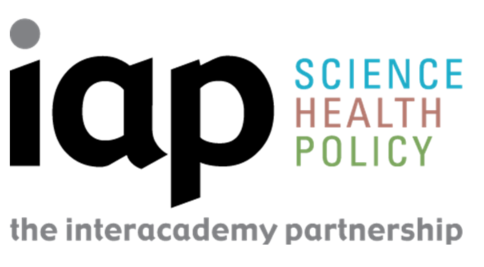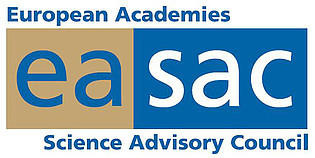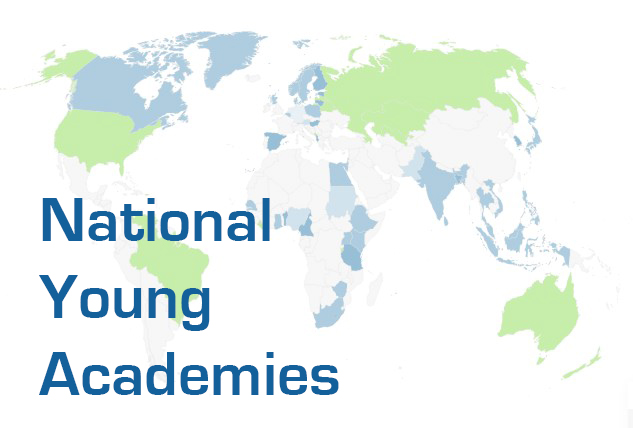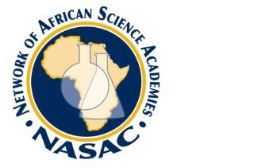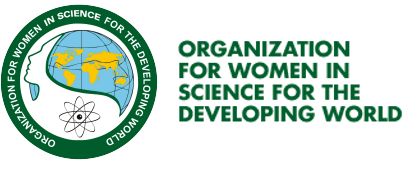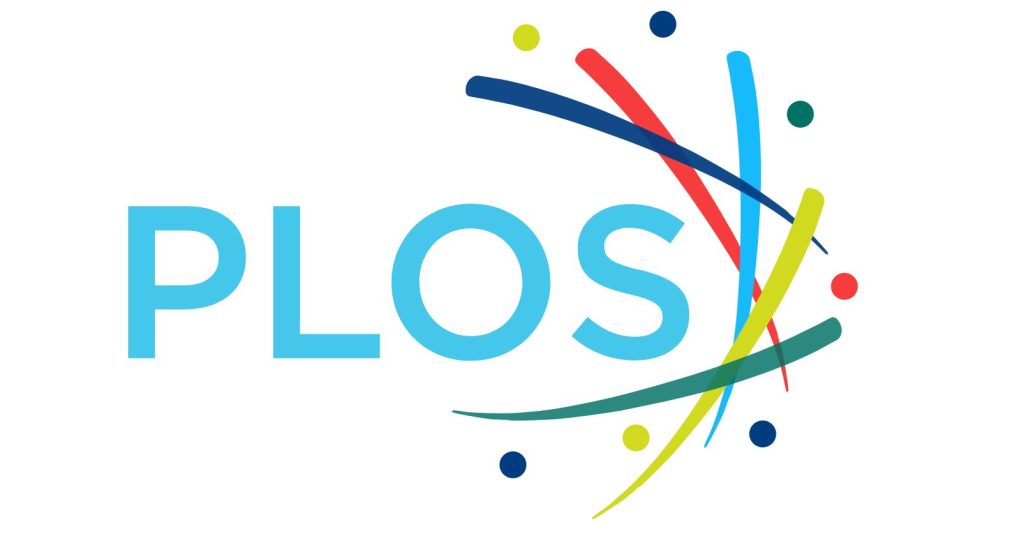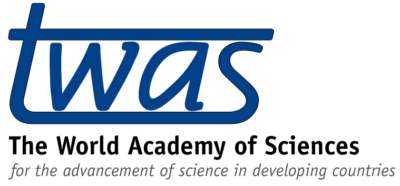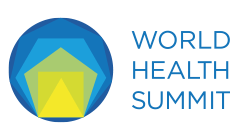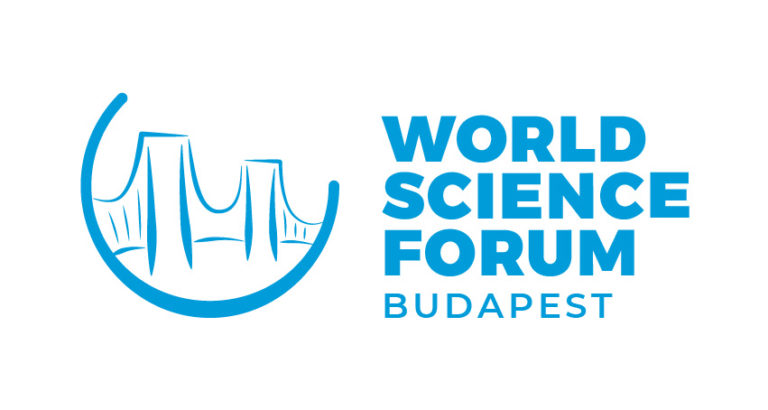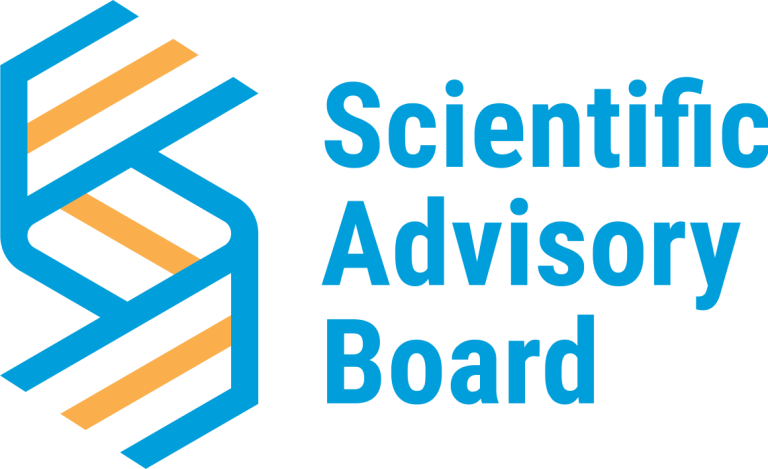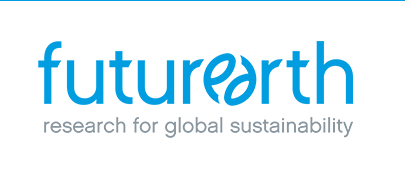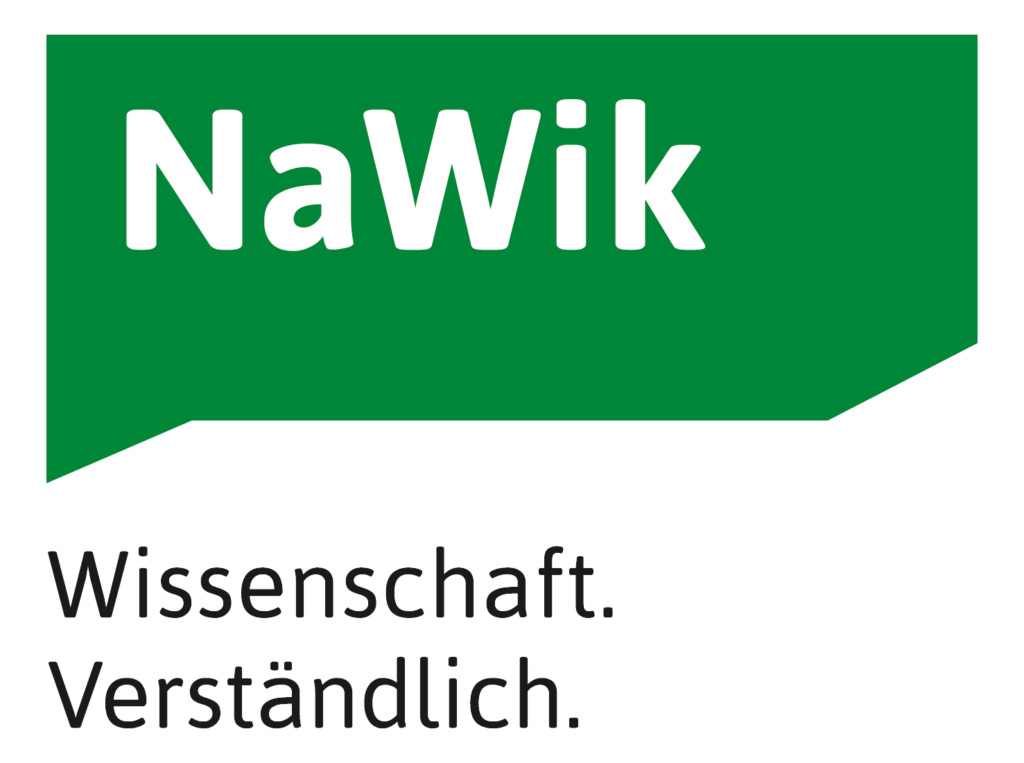As the GYA celebrates its 15th anniversary, we express our deep gratitude to our partners – past and present – whose support and collaboration have helped the GYA work towards its mission of championing the voices of young scientists and advocating for inclusive, evidence-informed decision-making at all levels.
The GYA and The All European Academies (ALLEA) launched a strategic partnership in early 2019, formalised in a Memorandum of Understanding between the two organizations. ALLEA, as the European Federation of Academies of Sciences and Humanities, represents more than 50 academies from over 40 countries in Europe. Together, the GYA and ALLEA aim to enhance knowledge exchange and establish a set of joint activities on topics of mutual interest at the interface between science, society and policy.
Under the umbrella of the InterAcademy Partnership (IAP), more than 140 national, regional and global member academies work together to support the vital role of science in seeking evidence-based solutions to the world’s most challenging problems. In particular, IAP harnesses the expertise of the world’s scientific, medical and engineering leaders to advance sound policies, improve public health, promote excellence in science education, and achieve other critical development goals.
IAP’s support for the GYA and National Young Academies in general precedes the founding of the GYA in 2010, and dates back to IAP’s support for young scientists at the “Summer Davos” meetings of the World Economic Forum’s Annual Meeting of New Champions in 2008 and 2009.
In 2019, the GYA became a full member of the IAP.
The GYA has been a member of the International Science Council (ISC) since 2020. The ISC brings together the natural and social sciences through over 170 international scientific unions and associations, as well as national and regional scientific organisations, including academies and research councils. As global science organisations, both the GYA and the ISC seek to advance science as a global public good.
The German Academic Exchange Service (DAAD; Deutscher Akademischer Austauschdienst) supports the international exchange of students and researchers by funding projects, granting scholarships and supporting higher education with international exchange. The GYA and DAAD, together with the Alexander von Humboldt Foundation, co-organised a workshop in 2019 to expand the network between the three organisations.
The Global Research Council (GRC) comprises the heads of science and engineering funding agencies from around the world, dedicated to promoting the sharing of data and best practices for high-quality collaboration among funding agencies worldwide. After an earlier cooperation in 2015/16, in 2018 the GYA was again invited to nominate members to the regional and the following global meeting in May 2019.
The key goal of the International Network for Governmental Science Advice (INGSA) is to build capacity to give advice, but not provide advice itself. Therefore, the partnership between INGSA and the GYA is focused on INGSA’s training activities as they relate to the GYA’s early-career researchers. A highlight of this cooperation was the one-day science advice workshop prior to the opening of the GYA Annual General Meeting and International Conference of Young Scientists in April 2019.
The European Commission’s Joint Research Centre (JRC) and the GYA established their partnership with a letter of intent in 2015. The JRC takes up the role of a science and knowledge service of the European Commission by employing scientists to give advice and support the European Union. Together, the JRC and the GYA are working on the topics of science advice and at-risk scholars. In line with this, collaboration has focused on the support of refugee scholars and has included the development of a training and mentoring workshop for at-risk and refugee scholars. A series of summer schools on science advice have also been organised, sometimes including the International Network for Government Science Advice (INGSA).
The GYA is one of the academic partners of the Lindau Laureate Meetings and nominates participants for their annual meetings. As Lindau focuses on age groups below 35, the GYA’s ability to nominate its own members is rather small. The GYA extends its call to younger scientists, even PhD students, nominated by its members and alumni, and GYA nominees regularly benefit from attending the Lindau Meetings.
(National) Young Academies bring together young scientists for the advancement of issues important to early- and mid-career researchers in their national and regional setting. The GYA is able to act as a facilitator of the growing global network of Young Academies, as well as a supporter for the establishment of new Young Academies, joint projects and meetings.
The Network of African Science Academies (NASAC) brings together the science academies in Africa and aims to point attention to the voice of science in Africa and to enhance the capacity of existing national science academies to create new ones. The GYA has been a partner in past NASAC projects, notably the Strengthening African Academies project in 2015-2019.
The Organization for Women in Science for the Developing World (OWSD) is a programme unit of UNESCO, which connects women scientists from the developing and the developed world to strengthen their role in the development process and promote their representation in scientific and technological leadership. OWSD and the GYA through its Women in Science working group in particular share a common interest in promoting diversity and equality in science.
PLOS (Public Library of Science) is a nonprofit, Open Access publisher empowering researchers to accelerate progress in science and medicine by leading a transformation in research communication. In 2023, PLOS and the GYA announced a Memorandum of Understanding establishing cooperation to increase awareness of Open Science.
The GYA enjoys a longstanding partnership with The World Academy of Sciences (TWAS) and the two organisations cooperate whenever a joint interest is identified. GYA members are regularly taking part in TWAS projects. In 2019, GYA members were involved as speakers in two TWAS regional workshops and collaborated on the development of a regional research project in the LAC region, which is one of the main interest regions of TWAS.
The the Africa Science Leadership Programme, founded by GYA members and based at Future Africa, University of Pretoria, addresses two central issues that emerged from earlier research into the situation of young scientists: mentoring and support structures, and focused training to increase leadership skills. The GYA is a network partner and multiplier of the ASLP.
The Volkswagen Foundation (Germany) seeks to support young researchers from all disciplines by funding academic institutions and research projects. The Volkswagen Foundation has been one of the main funders of the GYA ever since 2010, and currently supports two GYA working groups with funding for additional projects on DIY Biology, and on Trust in Science.
Wolfson College is one of the University of Oxford’s (UK) largest graduate colleges. Since 2019, Wolfson College has hosted an annual Professional Skills Workshop for at-risk scholars, organized and led by the GYA At-Risk Scholars Initiative, in cooperation with UK Young Academy members, with support from Cara and the Young Academy of Scotland.
Since its founding in 2009, the World Health Summit (WHS) has been held annually to connect stakeholders and decision-makers to find solutions to global health challenges and set the agenda for a healthier future. Each year, the GYA is invited to send a certain amount of its members to participate. Since 2019, the GYA Global Health working group is also organising the New Voices in Global Health sessions at the WHS with participants from the GYA as well as from young academies.
The World Science Forum (WSF) builds a platform for various stakeholders to discuss the role of science, its responsibility towards society and the importance of scientific advice for decision-makers. The GYA has been represented on the Steering Committee of the WSF since 2019, and facilitates opportunities for early-career-researchers at the WSF.
In 2024, the GYA became an institutional partner of the United Nations Secretary-General’s Scientific Advisory Board and its associated global network of scientific institutions. The Board provides independent insights on trends at the intersection of science, technology, ethics, governance and sustainable development to support UN System organizations in anticipating, adapting to and leveraging scientific advancements in their work for people, planet and prosperity.
Past collaborating partners
The GYA was part of a consortium until 2024, led by the Open Research publisher F1000 Research, that promoted the European Commission’s own free Open Access publishing platform for scientific articles Open Research Europe (ORE). The platform continues to be a peer-reviewed publishing service to support beneficiaries of Horizon 2020 and Horizon Europe to meet the European Union Open Access requirements.
Future Earth is a global network of scientists, researchers, and innovators collaborating for a more sustainable planet. The GYA is represented in Future Earth’s Early Career Researchers Network of Networks.
The aim of the National Science and Technology Development Agency (NSTDA) of Thailand is to accelerate science, technology and innovation development in Thailand to enhance the country’s competitiveness in the global economy and thereby contribute to the national economic and social development. The NSTDA has supported notable GYA activities, particularly in connection with supporting the situation and networks of Early-Career Researchers in ASEAN.
Recognizing that research has a major impact on the development of society, the National Institute for Science Communication (NaWik; Nationales Institut für Wissenschaftskommunikation), Germany, offers information and training on how to produce and deliver science communication which is easily comprehensible to a wider public. The GYA Working Group Trust in (Young) Scientists collaborated with NaWik on the Science for Society (SCISO) project.
The United Nations Major Group Children and Youth (UNMGCY) was created by the UN as a mechanism for younger people to engage in UN processes. The partnership between this group and the GYA started in late 2015, when the GYA was invited to the Advisory Board of the UN Major Group for Children and Youth.

